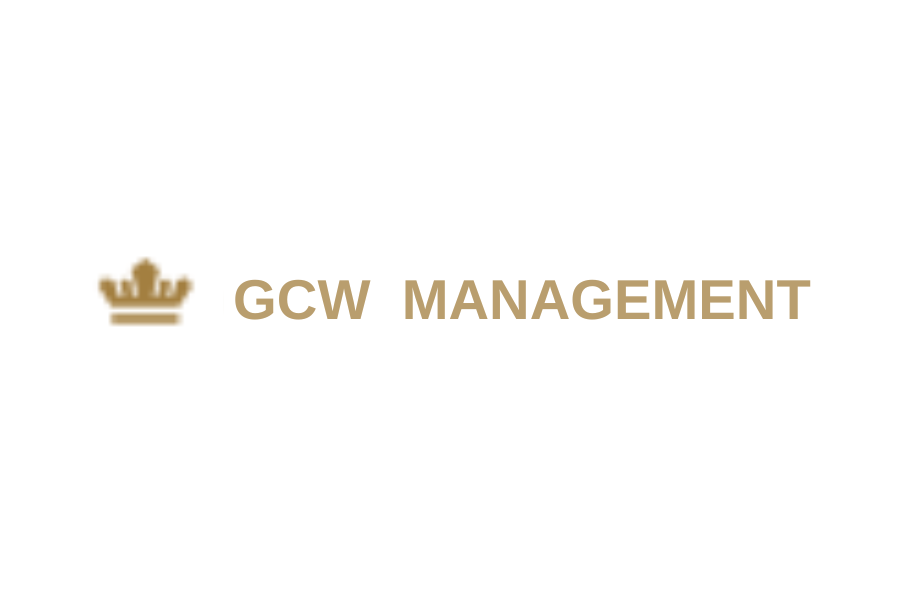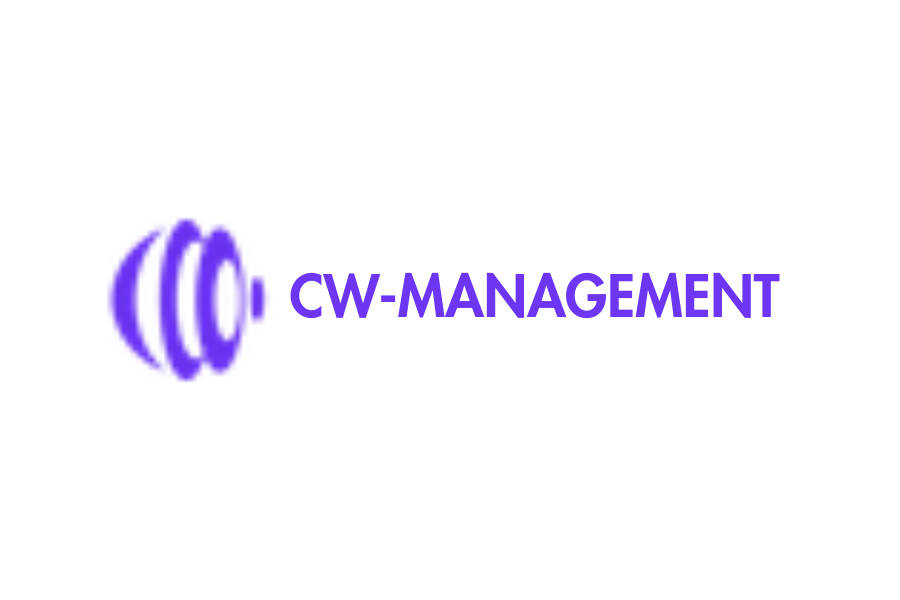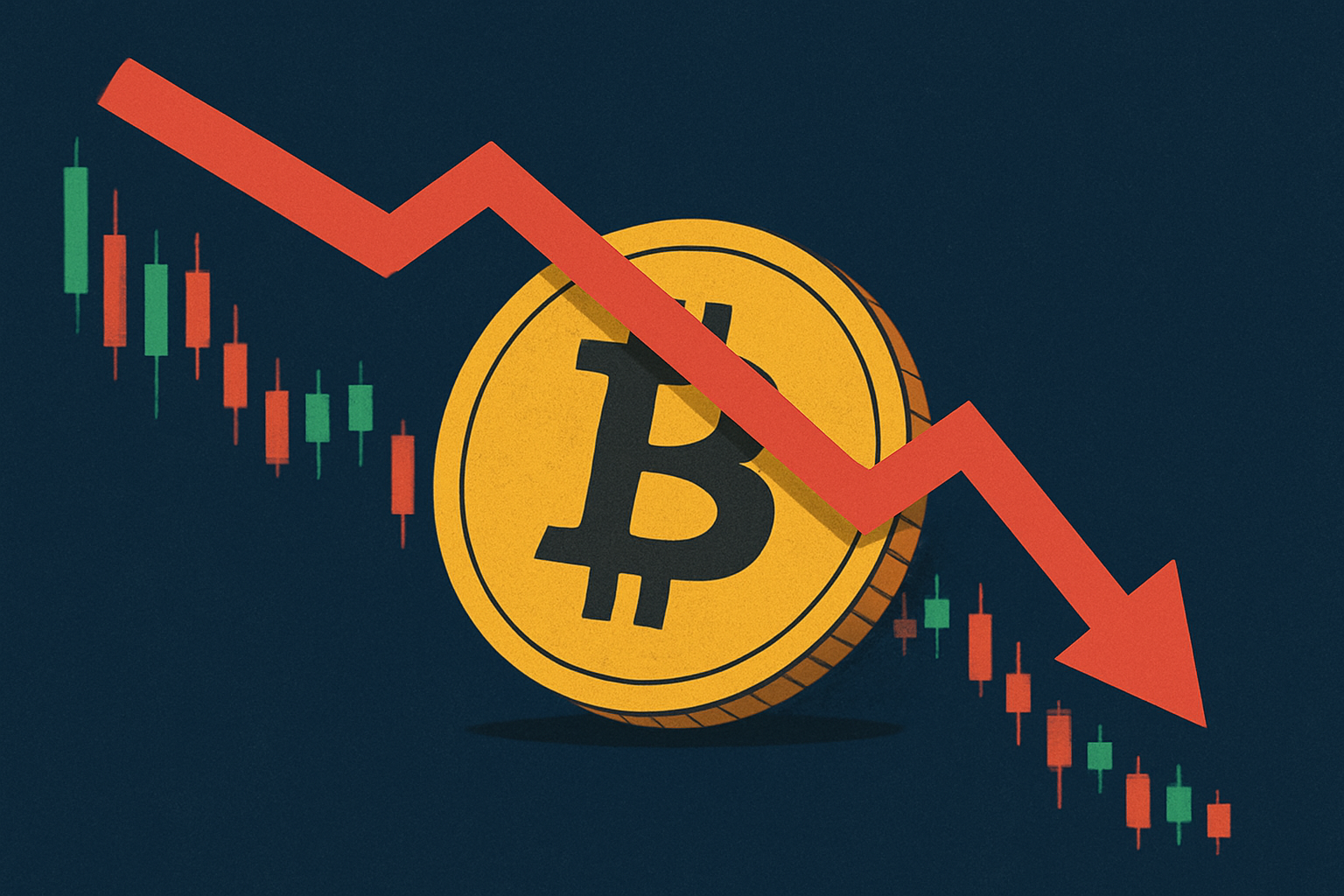Initial Coin Offerings (ICOs) have long been a hot topic in the world of cryptocurrency, offering startups and blockchain projects a unique way to raise funds. However, the landscape of ICOs has been significantly reshaped by evolving regulatory frameworks and an increased focus on investor protection. In this article, we’ll dive into the latest developments in ICO regulation and explore what they mean for cryptocurrency investors and the future of fundraising in the blockchain space.
The Evolving Regulatory Environment
ICOs have faced a patchwork of regulatory approaches worldwide. While some countries have embraced ICOs as a legitimate form of fundraising, others have taken a more cautious or restrictive stance. Here are some key regulatory developments and their implications:
1. SEC in the United States: The U.S. Securities and Exchange Commission (SEC) has been active in regulating ICOs. It classifies many tokens as securities, subject to registration and compliance with securities laws. This has led to increased scrutiny and enforcement actions against projects that did not comply.
2. Global Regulatory Coordination: Regulatory authorities around the world have been coordinating efforts to combat fraudulent ICOs and ensure compliance with international standards. This includes sharing information and cooperating on investigations.
3. Emerging Frameworks: Some countries, such as Switzerland and Malta, have established regulatory frameworks specific to cryptocurrencies and ICOs, offering legal clarity and investor protection.
Investor Protection and Accountability
While ICOs continue to offer the potential for significant returns, the focus on investor protection is growing. Here’s what these regulatory changes mean for cryptocurrency investors:
1. Enhanced Due Diligence: ICO investors are encouraged to conduct thorough due diligence before participating in token sales. Regulatory scrutiny has increased the importance of understanding the project, its team, and its compliance with relevant laws.
2. Greater Transparency: Regulatory requirements are pushing ICO projects to provide more information to investors. This can include details about the project’s use of funds, team members’ identities, and compliance with legal standards.
3. Reduced Fraud: Regulatory actions have led to a decrease in fraudulent ICOs. Investors are less likely to fall victim to scams and projects with no real substance.
The Rise of Security Token Offerings (STOs)
As the ICO landscape evolves, Security Token Offerings (STOs) have gained prominence. STOs are subject to more rigorous regulatory requirements, often resembling traditional securities offerings. They offer investors rights and protections that are not always present in ICOs.
1. Regulated Fundraising: STOs are designed to comply with existing securities laws, providing investors with an additional layer of protection. These tokens often represent real assets, equity, or a share of revenue.
2. Investor Confidence: STOs are seen as a more secure and trustworthy form of fundraising. They are particularly attractive to institutional investors who seek compliance with existing financial regulations.
3. Compliance and Accountability: STOs are subject to legal requirements that ensure transparency and accountability, making them a more attractive option for cautious investors.
Conclusion: ICOs in a Regulated World
The world of ICOs has shifted from the ‘Wild West’ of fundraising to a more regulated environment. While ICOs can still be a valid means of raising capital for blockchain projects, investor protection is at the forefront of regulatory efforts.
As the regulatory landscape continues to evolve, cryptocurrency investors and projects seeking to launch ICOs must adapt to these changes. This includes conducting comprehensive due diligence, understanding the regulatory environment in their jurisdictions, and considering alternative fundraising options like STOs when appropriate.
It’s essential for all stakeholders in the cryptocurrency space to stay informed about the latest regulatory developments and ensure compliance with local and international laws. While the landscape may have changed, it continues to offer opportunities for innovation and investment, and responsible participation is key to long-term success.











